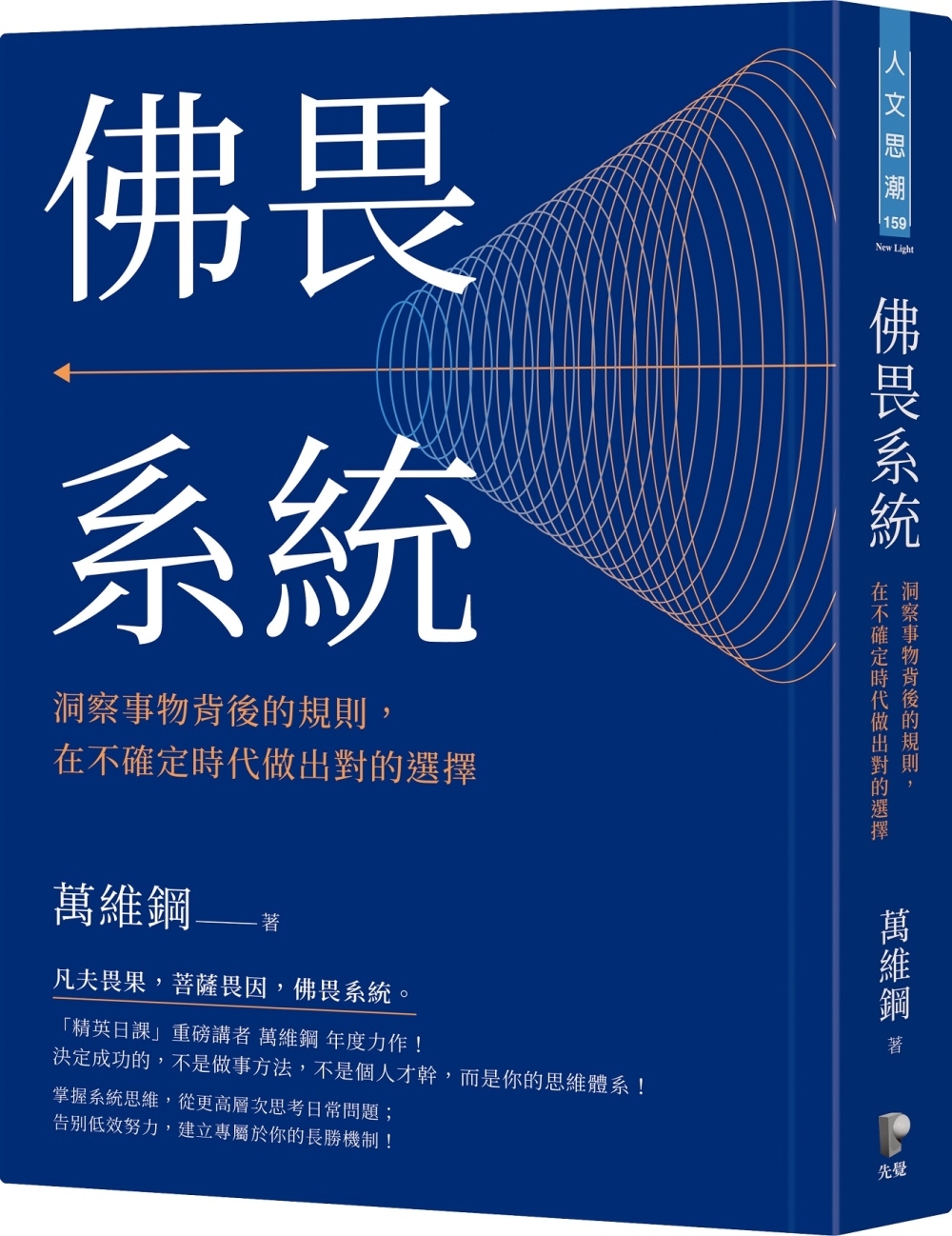In this classic of the Western philosophy John Stuart Mill tried to explain why utilitarianism is the best theory of ethics, and to defend it against a wide range of criticisms. Mill did that by presenting "the principle of utility" or "the greatest-happiness principle" and offering proofs for his theory. He argued various criticism argument by argument doing a great deal to popularize utilitarian ethic. His work is widely recognized today as "the most influential philosophical articulation of a liberal humanistic morality that was produced in the nineteenth century." Contents: - General Remarks - What Utilitarianism Is - Of the Ultimate Sanction of the Principle of Utility - Of What Sort of Proof the Principle of Utility Is Susceptible - Of the Connexion Between Justice and Utility
| FindBook |
有 1 項符合
Utilitarianism - The Philosophy of the Greatest Happiness Principle: What Is Utilitarianism (General Remarks), Proof of the Greatest-Happiness Princip的圖書 |
 |
Utilitarianism - The Philosophy of the Greatest Happiness Principle: What Is Utilitarianism (General Remarks), Proof of the Greatest-Happiness Princip 作者:Mill 出版社:Madison & Adams Press 出版日期:2019-10-16 語言:英文 規格:平裝 / 48頁 / 22.91 x 15.19 x 0.25 cm / 普通級/ 初版 |
| 圖書館借閱 |
| 國家圖書館 | 全國圖書書目資訊網 | 國立公共資訊圖書館 | 電子書服務平台 | MetaCat 跨館整合查詢 |
| 臺北市立圖書館 | 新北市立圖書館 | 基隆市公共圖書館 | 桃園市立圖書館 | 新竹縣公共圖書館 |
| 苗栗縣立圖書館 | 臺中市立圖書館 | 彰化縣公共圖書館 | 南投縣文化局 | 雲林縣公共圖書館 |
| 嘉義縣圖書館 | 臺南市立圖書館 | 高雄市立圖書館 | 屏東縣公共圖書館 | 宜蘭縣公共圖書館 |
| 花蓮縣文化局 | 臺東縣文化處 |
|
|
圖書介紹 - 資料來源:博客來 評分:
圖書名稱:Utilitarianism - The Philosophy of the Greatest Happiness Principle: What Is Utilitarianism (General Remarks), Proof of the Greatest-Happiness Princip
24/7: Late Capitalism and the Ends of Sleep
The Lacanian Subject: Between Language and Jouissance
Dynamic Processes and Reading Novels
Susan Stebbing: Philosophical Papers
Violence, Care, Cure: Self-Perceptions Within the Medical Encounter
Being a Lived Body: From a Neo-Phenomenological Point of View
The Antichrist
The Subaltern Subject in Structured Historical Process: Towards an Epistemological Approach
Heidegger in the Face of the Environmental Question: The Immanence of Life
Illusion and Fetishism in Critical Theory: A Study of Nietzsche, Benjamin, Castoriadis and the Situationists
The Lacanian Subject: Between Language and Jouissance
Dynamic Processes and Reading Novels
Susan Stebbing: Philosophical Papers
Violence, Care, Cure: Self-Perceptions Within the Medical Encounter
Being a Lived Body: From a Neo-Phenomenological Point of View
The Antichrist
The Subaltern Subject in Structured Historical Process: Towards an Epistemological Approach
Heidegger in the Face of the Environmental Question: The Immanence of Life
Illusion and Fetishism in Critical Theory: A Study of Nietzsche, Benjamin, Castoriadis and the Situationists
|











